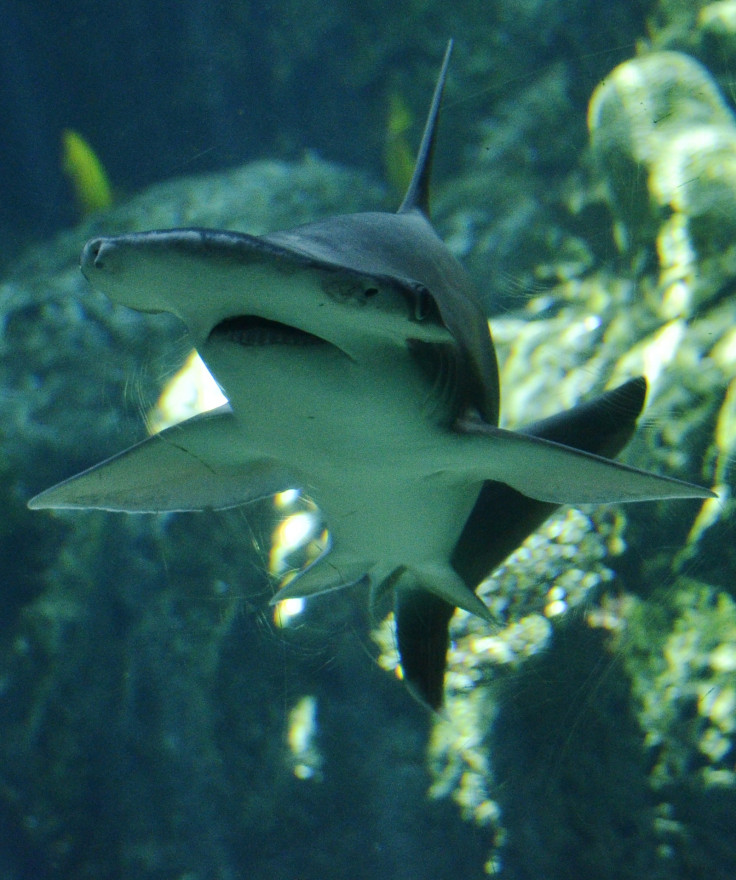Can sharks be vegetarian? Scientists discover that Bonnetheads can survive on a veggie diet
Evolutionary cousins of hammerhead shark have stomachs adapted to digest seagrass.
New research has looked at the eating habits of bonnethead sharks - evolutionary cousins of the hammerhead - and found that unlike the rest of Sphyrnidae family, bonnetheads can happily dine on seagrass, making them the only known shark species to have plant digesting enzymes in their gut.
Scientists initially suggested that bonnetheads ate seagrass in 2007, but it was unknown whether they ate it by mistake or actually consumed it routinely.
Researchers from the University of California Irvine decided to take a closer look at the species. They reported their findings at the 2018 Annual Meeting of the Society for Integrative and Comparative Biology on 7 January.
In order to study the animal's peculiar diet, the research team "captured several individuals and brought them into the laboratory at Florida International University, where they were fed a diet of 90% seagrass for several weeks," Sci-news reported.
"The seagrass had been labelled with stable isotope carbon-13, so when the sharks consumed it, we could test for a signature of carbon-13 in the sharks' tissues and see if nutrients from the seagrass were actually taken up into the body."
They also analysed the sharks' faeces to see if they properly digested the seagrass instead of it being excreted without being processed by the animal's digestive system.
Carnivorous animals, like nearly all sharks, do not have the ability to digest plant matter, but it turns out that bonnetheads are the exception. They are indeed eating seagrass and extracting the nutrients necessary for their survival.
Half of the seagrass ingested by the sharks was digested for nutrients, while the other half was excreted undigested. This shows their stomachs have adapted in order to feed on seagrass as well as meat, making them omnivorous, the scientists said.
"We observed no negative health effects, and the sharks even gained weight during the study," the researchers stated.
The research also points out that seagrass meadows, which are currently threatened by climate change, are an important part of the sharks' diet.
Bonnetheads can usually be spotted along the North and Latin American coasts, from New England to the Gulf of Mexico and Ecuador. They dwell in shallow waters, in estuaries or bays. They usually measure between 51-90cm, and can grow to a maximum length of 1.5m.























